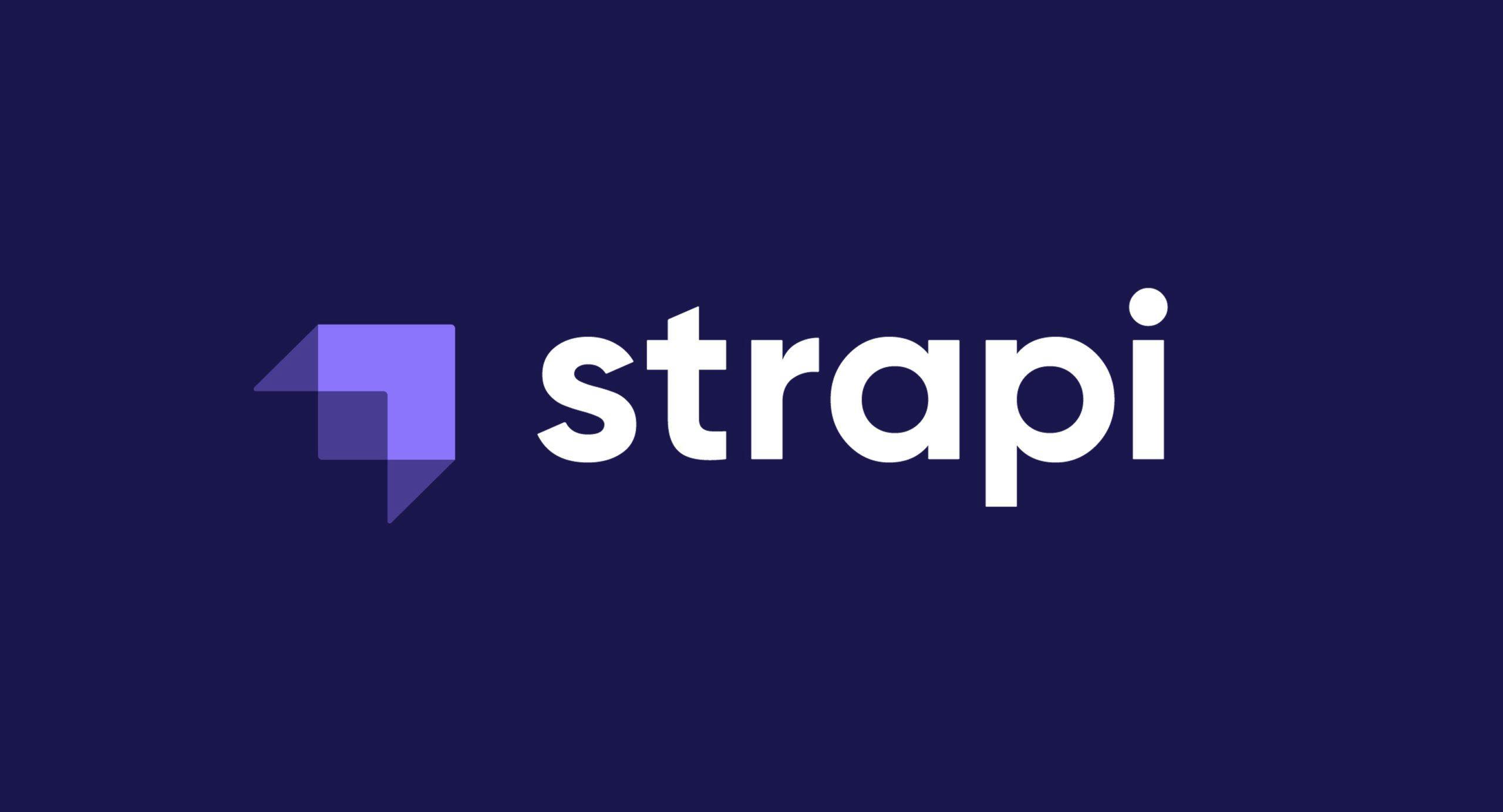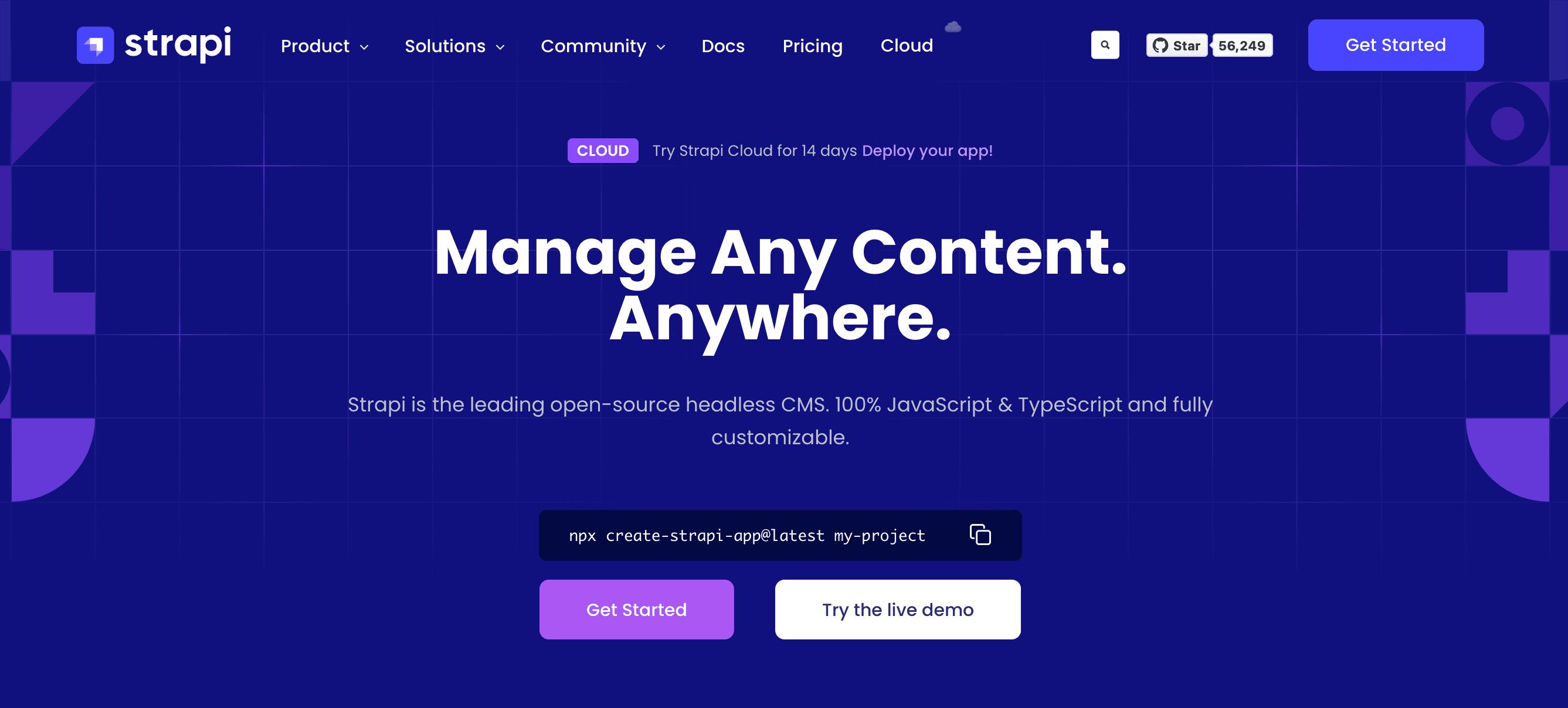

Strapi Cloud offers a streamlined deployment process and enhanced security features, making it an attractive option for developers and businesses looking to quickly deploy and manage their Strapi applications. This managed content platform built on top of Strapi provides several key benefits:
Faster Deployment Times:
Strapi has significantly reduced deployment times on Strapi Cloud from approximately 7 minutes to just 3 minutes on average. This improvement was achieved by excluding thousands of cache files generated by npm and yarn, drastically reducing the number of files that need to be processed when generating the final Docker image. The faster deployment times lead to increased productivity, allowing developers to push updates and fixes more quickly.Out-of-the-
Box Features:
Strapi Cloud provides more than just hosting. It includes several built-in features and capabilities:
These features enable cross-functional teams to increase their content velocity without compromising on customization needs.
Security and Compliance:
Strapi has achieved SOC 2 Type 2 certification, demonstrating its commitment to maintaining high security standards. This certification involves an independent third-party audit of Strapi's controls and processes related to security, availability, processing integrity, confidentiality, and privacy. This achievement provides assurance to users that Strapi takes the security and privacy of their data seriously.
Flexible Hosting Options:
Strapi is unique in offering both self-hosted and cloud versions of the same CMS while maintaining all customization capabilities. This hybrid approach allows users to benefit from the ease of use and turnkey experience of Strapi Cloud without sacrificing the flexibility and customization that open-source provides. Users have the freedom to use external databases, CDNs, or email providers as needed, avoiding vendor lock-in.
Scalability:
Strapi Cloud is designed to scale across a wide range of use cases, services, and devices. This makes it suitable for small to medium-sized businesses and digital agencies that require a customizable CMS with out-of-the-box capabilities and configuration.
By offering Strapi Cloud, the company aims to provide a managed content platform that abstracts away the complexity of infrastructure management while allowing developers to maintain their development workflow and extend Strapi's core capabilities. This approach enables content managers to autonomously manage various types of content while benefiting from collaboration, security, and compliance features.
Next.js and Strapi form a powerful combination for building modern, scalable websites and applications. This tech stack leverages the strengths of both platforms to create a seamless development experience and high-performance end product.
Next.js, a React-based framework, excels in frontend development with its server-side rendering capabilities, optimized performance, and intuitive routing system. It provides developers with a robust set of tools for creating dynamic, interactive user interfaces.
Strapi, as a headless CMS, complements Next.js by offering a flexible and customizable backend solution. Its API-first approach allows for easy content management and delivery, making it an ideal partner for Next.js applications.The integration of Next.js and Strapi offers several key advantages:
To integrate Strapi with Next.js, developers typically follow these steps:
For example, to fetch and display blog posts from Strapi in a Next.js application, you might use code similar to this:

This code fetches posts from a Strapi API and renders them in a Next.js component.
The Next.js and Strapi stack also supports advanced features like authentication, role-based access control, and media management. Strapi's plugin ecosystem can be leveraged to extend functionality, while Next.js's routing and API routes provide additional flexibility for building complex applications.
By combining the frontend prowess of Next.js with the backend flexibility of Strapi, developers can create powerful, content-driven websites and applications that are both performant and easy to manage. This tech stack is particularly well-suited for projects that require frequent content updates, multiple content types, or integration with various frontend applications.
Strapi stands out among headless CMS platforms due to its unique combination of features and flexibility. When compared to other popular headless CMSs like Contentful, WordPress Headless, and Sanity, Strapi offers several distinct advantages.
One of Strapi's key strengths is its open-source nature, which sets it apart from proprietary solutions like Contentful. This allows for greater customization and community-driven development. Developers can modify Strapi's source code to suit their specific needs, a feature not available with closed-source alternatives.
In terms of architecture, Strapi shares an API-first approach with Contentful, making it ideal for projects requiring flexible content delivery across multiple platforms. However, Strapi's self-hosted option provides more control over data and infrastructure compared to Contentful's cloud-only model.
When compared to WordPress Headless, Strapi offers a more modern, JavaScript-based development experience. While WordPress has a larger ecosystem, Strapi's plugin architecture is designed specifically for headless use cases, potentially offering a more streamlined experience for developers working on decoupled projects.
Strapi's content modeling capabilities are particularly noteworthy. The platform's intuitive Content-Type Builder allows for easy creation of complex content structures, rivaling the flexibility offered by Sanity's schema customization. However, Sanity may have an edge in real-time collaboration features, which could be beneficial for larger teams.In terms of developer experience, Strapi's 100% JavaScript-based system allows for seamless integration with popular frameworks like React, Vue.js, and Next.js. This aligns well with modern development practices and can lead to faster project setup and development cycles.
Pricing is another area where Strapi differentiates itself. As an open-source solution, Strapi offers a free self-hosted option, making it accessible for small to medium-sized projects. Its paid plans are often more cost-effective than Contentful's, especially for projects with large content volumes.
However, it's important to note that Strapi's self-hosted nature may require more technical expertise for setup and maintenance compared to fully managed solutions like Contentful or Sanity. This could be a consideration for teams without dedicated DevOps resources.Strapi's plugin ecosystem, while not as extensive as WordPress's, is growing rapidly and offers easy integration with third-party services. This extensibility, combined with its API-first approach, makes Strapi particularly well-suited for projects requiring custom integrations or unique content delivery methods.
In conclusion, while each headless CMS has its strengths, Strapi's combination of open-source flexibility, modern architecture, and developer-friendly features make it a compelling choice for many projects, especially those requiring high customization and control over the content management infrastructure.

Partnering with a specialized Strapi agency can significantly enhance your digital projects and content management capabilities. Strapi's Channel Partner Program offers two types of partners: Solution Partners and Resellers. Solution Partners excel at customizing Strapi for specific business needs, integrating the platform seamlessly into unique digital strategies. Resellers, on the other hand, make Strapi more accessible to small and medium-sized businesses, providing guidance and support in leveraging the CMS effectively.
When choosing a Strapi agency partner, look for those with proven expertise and experience. For instance, our agency, NOTUM, has a strong track record with Strapi. We have successfully completed numerous case studies that highlight our ability to deliver custom development, security implementation, and comprehensive training.
These partners can provide valuable services such as custom development, security implementation, and training to help your team fully utilize Strapi's capabilities. By collaborating with a Strapi partner, you can ensure your digital projects are in capable hands, whether you're starting from scratch or updating an existing implementation.

We're Notum Technologies:
✔️ Official STRAPI agency in Europe and America, based in the Czech Republic.
✔️ We offer custom STRAPI development, consultations, web, and mobile apps.
✔️ With 40+ completed STRAPI projects, many workshops, open communication, and great project management, we have the tools to make your project a success.
